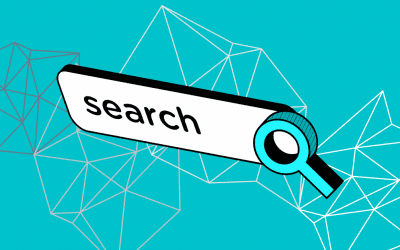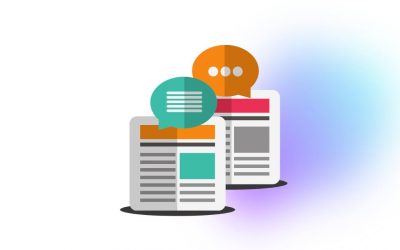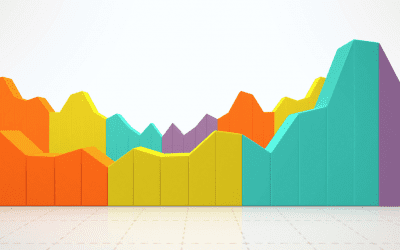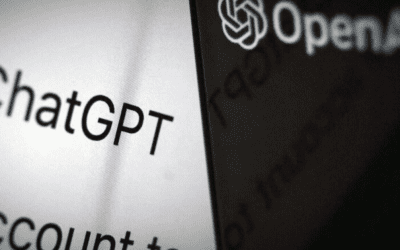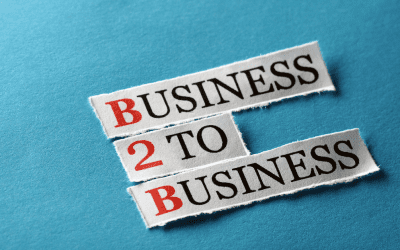Xerolag Blog
The latest news on A.I., data science, and content marketing
Xerolag is an A.I.-powered content generation platform that enables businesses of all shapes and sizes to scale their content.
Create copy for search and social with a few simple clicks.
The Evolution from SEO to Everything Optimization
As digital experiences have become more interconnected, what used to be separate spheres increasingly overlap. Building an online brand requires optimizing for all search, not just the engines. Traditional SEO vs. 2022 Social Search Optimization The first thing that pops into every person’s head when they hear “SEO” is Google. And Google still dominates the online search market. It’s the...
Latest posts
The Ultimate Guide to Performing an SEO Audit for Your Website
Search engine optimization (SEO) is a critical component of any successful digital marketing strategy. It helps improve your website's visibility on search engines like Google, driving more organic traffic to your site and ultimately increasing...
Marketing Ideas and Tips
If you're just starting a new business, it's important to have a solid marketing strategy in place to ensure success. Thankfully, there are plenty of cool, creative ways to market your new business without breaking the bank. Here are a few tips and...
Startup Content Marketing Tips
Content marketing is a great way for startups to reach their target audiences and build relationships with customers. But how do you get started with content marketing? Here are some ideas to get you started. 1. Establish your goals: Before jumping...
Elevating Leadership Through Content Marketing: Lessons From Industry Leaders
Thought leadership is a widely used term that describes the ability of someone to influence the opinion of others on a given subject. It has become an essential skill in today's society. The ability to articulate and defend a point of view, and to...
Why Don’t Marketers Use More AI in their Marketing?
The world of marketing is ever-evolving and more and more marketers are turning to artificial intelligence (AI) to help them stay ahead of the competition. AI offers a wide range of benefits, from personalizing customer experiences to analyzing...
What You Need to Know About ChatGPT
OpenAI's ChatGPT has changed the way businesses communicate with their customers. It's the new way to communicate that’s taking the world by storm. This cutting-edge technology allows users to create a natural dialogue with a computer. But what do...
Can B2B Marketers Use AI in their Strategy?
It’s no secret that AI has infiltrated our lives in many ways, from self-driving cars to voice-activated virtual assistants. But when it comes to content marketing, many B2B businesses may be wondering: can AI be leveraged to maximize content...
The Basics: Leveraging Social Media for Content Marketing
Social media is one of the most effective and powerful tools in any content marketing strategy. It has the ability to promote your content to a large audience and drive more visits to your website and/or blog. With its vast selection of platforms,...
What Makes Content Marketing So Successful
Content marketing is one of the most effective tools for businesses to reach their desired customer base. It has been around for years, but recently, we’ve seen a dramatic surge in popularity. It’s designed to build trust and loyalty with a target...
Create faster with A.I.
Xerolag makes it easy to generate A.I. content that is targeted, relevant, and optimized for your audience.
Create copy for search and social with a few simple clicks.


